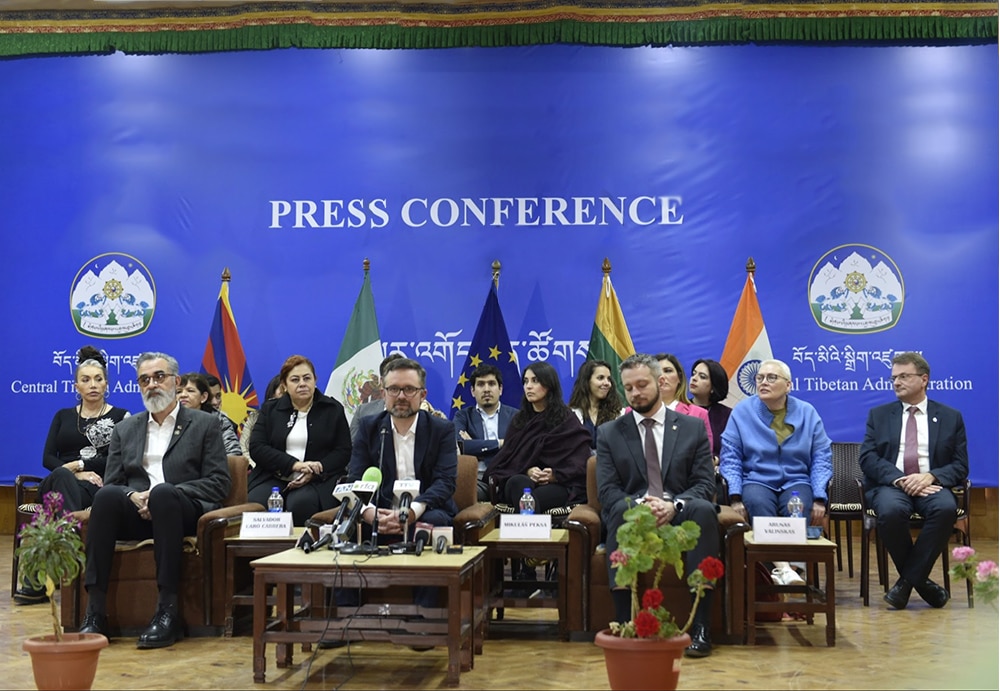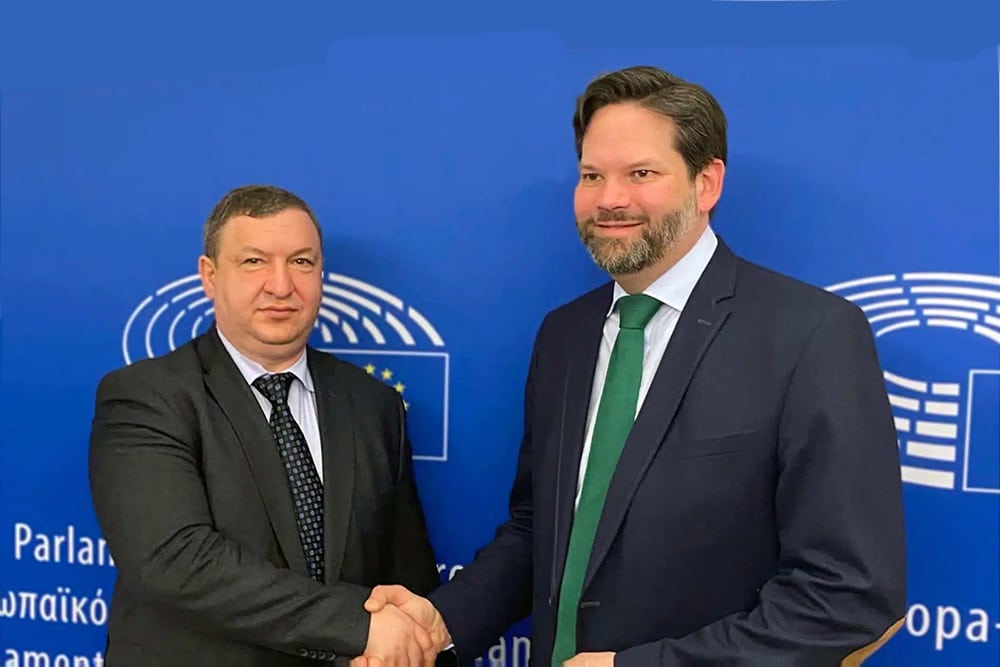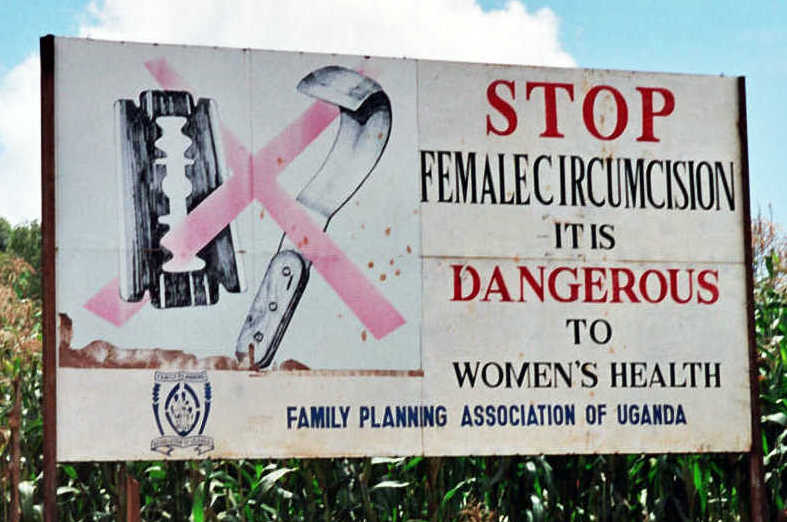UN Secretary-General António Guterres this week announced the names of seven young climate leaders selected to serve on his Youth Advisory Group on Climate Change.
Their role is to act as climate justice advisers and push for the acceleration of bold climate goals based on their diverse expertise and grassroots work, across the different countries they represent.
The announcement was made as the Intergovernmental Panel on Climate Change (IPCC) gathers in Switzerland to wrap up its crucial Synthesis Report, the first since the Paris Agreement was signed in 2015 by 193 countries.
It’s expected to confirm that the world is not on track to mitigate climate change, but some of the findings show we can still keep global warming below 1.5 degrees Celsius, if dramatic emissions cuts can be made across different sectors.
“Climate change is the fight of our lives – and young people have been on the frontlines leading the charge for climate justice. The unrelenting conviction of young people is central to keeping climate goals within reach, kicking the world’s addiction to fossil fuels, and delivering climate justice,” said the Secretary-General.
Magnificent Seven: Who are the new advisers?
Ayisha Siddiqa (United States) is a Pakistani-American human rights and tribal land defender. She is the Co-founder of Polluters Out and Fossil Free University. Her work focuses on uplifting the rights of marginalized communities while holding polluting companies accountable at the international level. She is currently a research scholar at NYU School of Law. Ayisha was recently named a Time magazine Woman of the Year.
Beniamin Strzelecki (Poland) is a climate action and energy transition advocate. He coordinated a global network of youth-led energy organizations and worked with intergovernmental entities, including the International Renewable Energy Agency, Sustainable Energy for All, and the UN Industrial Development Organization (UNIDO) to create opportunities for young people in the energy transition field. He currently co-chairs the Student Energy Summit 2023 and is continuing his studies at New York University Abu Dhabi.
Fatou Jeng (The Gambia) is dedicated to grassroots, national, and international mobilization as a climate educator, frontline activist, and campaigner. Fatou founded Clean Earth Gambia in 2017, a youth-led, local climate organization that has mobilized thousands of Gambian young people to help marginalized and vulnerable communities build resilience to climate change.
Fatou holds a Masters’ degree in Environment, Development, and Policy from the University of Sussex in the UK. She is also a gender climate negotiator for The Gambia to the UNFCCC and was recognized as a TOP 100 Young African Conservation Leader by the WWF, in 2022.
Jevanic Henry (Saint Lucia) is a climate and development professional and advocate. He previously served as Climate Change Special Envoy for the Caribbean Youth Environment Network, and was a UN Foundation Next Generation Fellow. Jevanic worked as a Foreign Service Officer with the Government of Saint Lucia, as well as with the climate change unit of the Commonwealth Secretariat and co-authored a practical guide on enhancing access to climate finance.
He is currently an Alliance of Small Island States (AOSIS) Fellow, assigned to the Permanent Mission of Saint Lucia to the United Nations in New York.
Josefa Tauli (Philippines) is an Ibaloi-Kankanaey Igorot indigenous youth activist. She is Policy Cocoordinator of the Global Youth Biodiversity Network (GYBN), which serves as the youth constituency to the UN Convention on Biological Diversity (CBD). An advocate for meaningful youth participation, human rights, and Indigenous Peoples’ rights and knowledge, she has coordinated the engagement of youth delegations to more than 10 rounds of CBD negotiations during the development of the Kunming-Montreal Global Biodiversity Framework.
Joice Mendez (Colombia/Paraguay) is a migrant, social entrepreneur, and climate advocate focused on the nexus of water, food and energy justice. Joice co-founded several local and regional youth organizations, including the Moema Viezzer Environmental Education Observatory, the Latin American Observatory of Geopolitics of Energy, and the binational Youth Collective of the Parana Basin 3 from the Cultivating Good Water Initiative – a recipient of the UN-Water Best Practice Award in 2015.
Joice has also supported Paraguay’s National Conference of Youth since 2016 and the National Forum of Water and Youth, and continues to be active in YOUNGO, the Climate Reality Project América Latina.
Saoirse Exton (Ireland) is a climate justice activist with Fridays for Future. As a proud Gaelic speaker from Ireland, Saoirse believes that the wealth of knowledge held in traditional languages and storytelling, can re-establish the vital concept of Earth as sacred within capitalism-imposed mindsets. Saoirse is a member of the C40 Cities Global Youth and Mayors’ Forum, a high schooler, and a strong advocate of degrowth.
Youth and climate ambition
“As an organizer and youth activist, I have been working towards pushing the intergovernmental space further on climate ambition. It is a great honor to continue doing this work as an advisor to the Secretary-General,” said Ayisha Siddiqa.
Another key element for young people is that they are often part of local and regional conversations regarding climate change, but local issues can feel removed from conversations about global solutions.
“Coming from a small island developing state, the climate crisis continues to be relentless in negatively impacting lives and livelihoods. Our survival is now dependent on a global community which is unified in urgently advancing the climate agenda, with the power of young people being a catalyst to drive this much needed accelerated action,” said Jevanic Henry.
Members of the Youth Advisory Group will work widely in collaboration with other young leaders and consult with youth climate movements and leaders around the world, to incorporate different perspectives on climate solutions and report findings directly to the Secretary-General.













